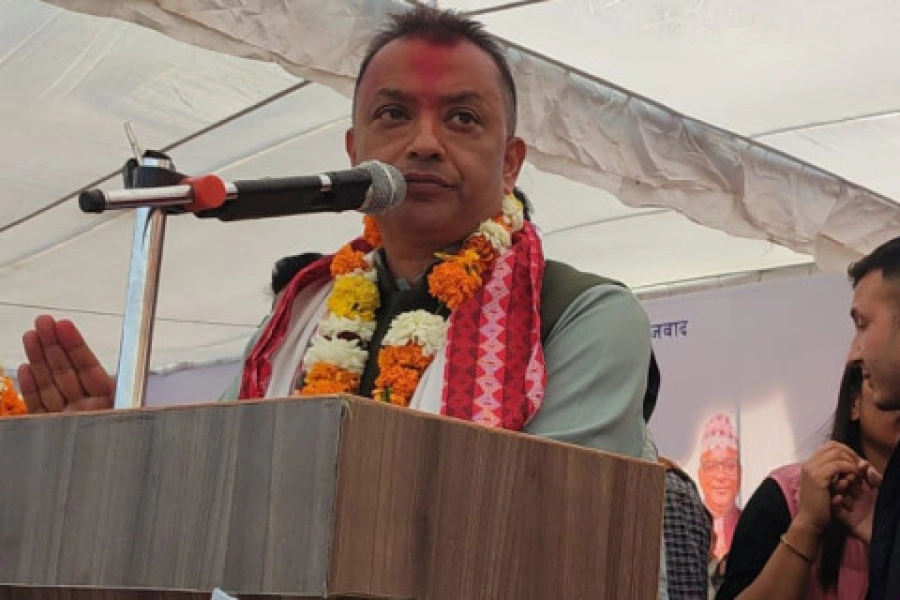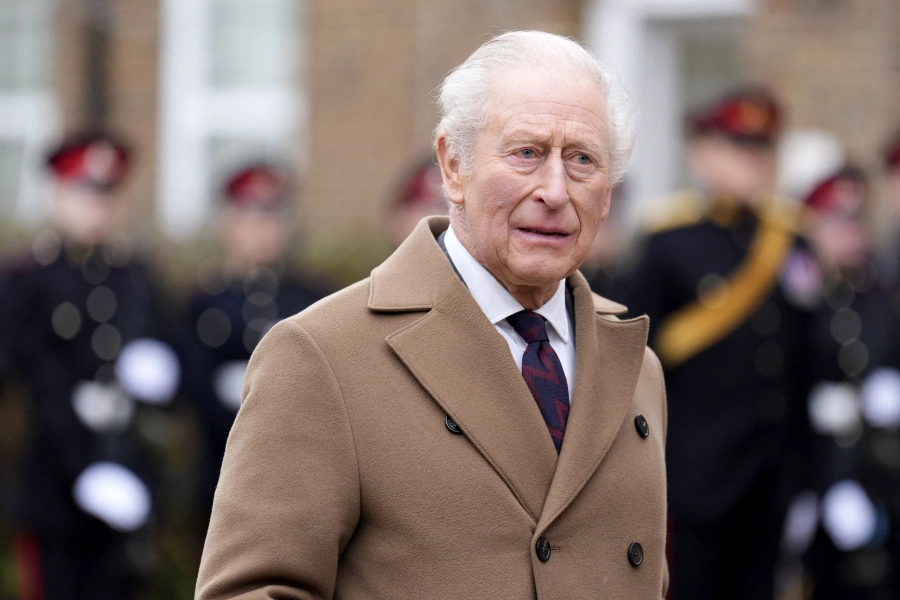Unresolved dispute in the region has made durable peace and prosperity elusive
On December 17, 2018 diplomats in their dark colored attires in New York rejoiced the UN General Assembly drafting the resolution on “right of peoples to self determination”. The resolution which was passed by the world body required the “countries to immediately cease their foreign military intervention in and occupation of foreign countries and territories, as well as acts of repression, discrimination and maltreatment.” This moment of rejoice came less than 48 hours after The New York Times reported that trigger happy occupation forces in Indian Occupied Kashmir (IOK) had killed seven and injured 50 civilians. Painful as it is, killings and pellet gun rain is a continued burden on world conscience but the scale of atrocities is increasing by the day. The same news report also mentioned that killings in IOK have been record high this year.
The resolution passed in New York and civilian deaths reported by The New York Times put to sharp focus the contrast between the world’s wishes and written ethos on human rights on one hand and the realities on the ground on the other. To add to the paradox, this fresh killing spree came only a week after the world celebrated Human Rights day on December 10, 2018.
Only a few months ago, in June last year, the UN Office of the Human Rights Commissioner (UN OHCHR) had brought to the fore gravity and severity of the human rights violations committed in IOK. The report asked for independent, impartial and credible investigations to probe all civilian killings since July 2016 as well as other incidents of excessive use of force including serious injuries caused by the use of pellet-firing shotguns.
Kashmir Solidarity Day observed in Nepal

On the use of infamous pellet guns, the report recalls that in January 2018, Jammu and Kashmir Assembly was informed that 6,221 people had been injured by pellet guns between July 8, 2016 and February 27, 2017. Among the victims, 728 had eye injuries. Civil society organizations claim a higher number of people partially or completely blinded by pellet gun injuries.
The document had asked for an urgent repeal of Armed Forces (Jammu and Kashmir) Special Powers Act (1990) and, at the same time, to immediately remove the requirement for prior central government permission to prosecute security forces personnel accused of human rights violations in civilian courts. This, the UN document says ‘obstructs the normal course of law, impedes accountability and jeopardizes the right to remedy for victims of human rights violations.’ The UN OHCHR report also asks for accountability of the occupation forces personnel who had committed these crimes through the establishment of an Independent Commission of Inquiry. The demand for independent inquiries is not new.
Atrocities against unarmed civilians are once again on the rise. The news of killings has been pouring in with increasing frequency, now for several months. These human rights violations against unarmed civilians in this disputed territory are not new. Since 1989, then the Kashmiri freedom struggle escalated, over 100,000 men, women and children had been killed. These issues are nothing new for the international community or the United Nations either. Seventy years ago, it was the United Nations that promised the right of self determination to the people of Jammu and Kashmir allowing them the right to determine their future through a free and fair plebiscite.
If seven decades of freedom struggle of the people in IOK abounds in something, it is the Kashmiris’ consensus on rejecting Indian occupation and their unwavering commitment to win freedom. Unarmed Kashmiri men, women and children have been standing in the face of brutal forces with bursts of pellet guns now for years. What is most regrettable is that every singly soldier firing these bullets on Kashmiri men, women and children is protected against accountability by the draconian laws that have now been in place for decades. That explains the reason why UN OHCHR recommendation on an Independent Commission of Inquiry must be implemented.
For an analyst who might have thought that the use of force would suppress Kashmiri freedom struggle, the UN OHCHR report must serve him as a reason for course correction. It states: “While Indian- Administered Kashmir has experienced waves of protests in the past—in the late1980s to early 1990s, 2008 and 2010—this current round of protests appears to involve more people than the past, and the profile of protesters has also shifted to include more young, middle-class Kashmiris, including females”.
Today, Jammu and Kashmir dispute holds several distinctions, regrettably all painful. One, this dispute remains the oldest unresolved dispute on the UN agenda. UN resolutions promising the right of self determination to the Kashmiri people through free and fair plebiscite date back to 1948. Two, IOK remains the most heavily militarized region in the world with over 700,000 uniformed personnel in a population of 12-13 million. Three, IOK remains house to one of the world’s worst human rights violations. Four, in a region that is house to quarter of the world population, the unresolved dispute makes durable peace, calm and prosperity elusive.
Neither the realization of the need for its immediate resolution nor our support for the oppressed people of Jammu and Kashmir requires any big math. Just a clear and a conscious will to stand up for the truth and the cause of innocent oppressed people will be enough.
The author is Pakistani Ambassador to Nepal





































